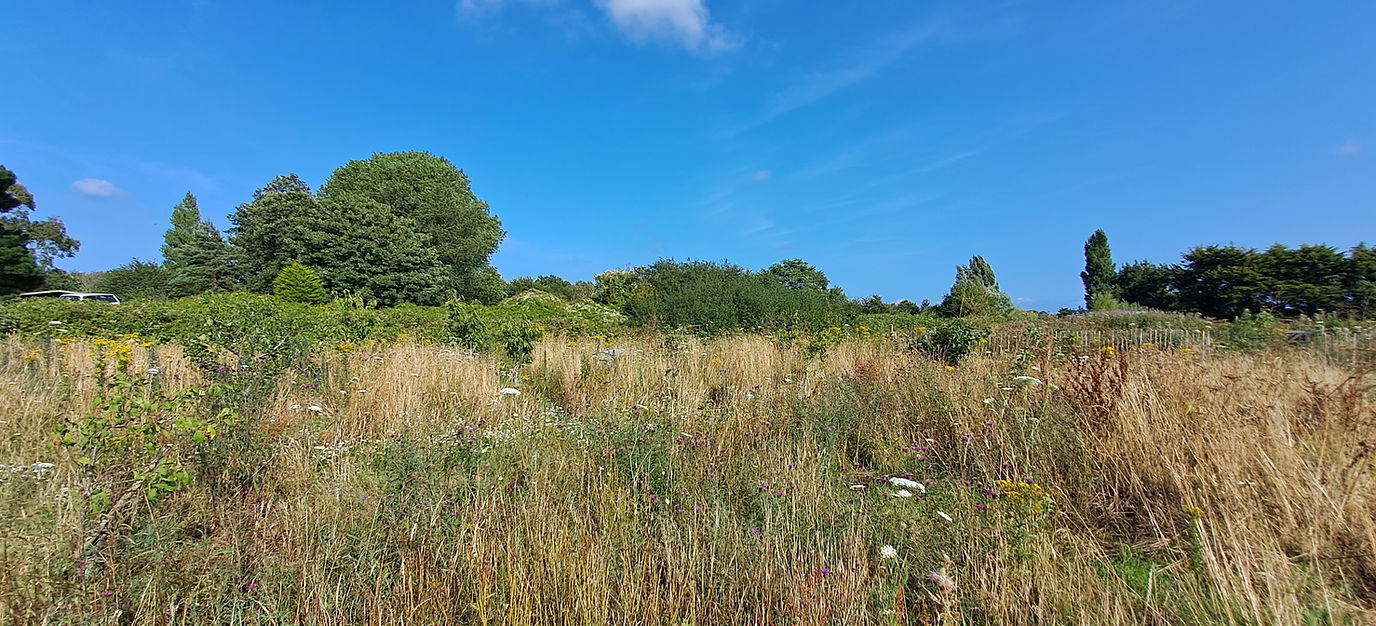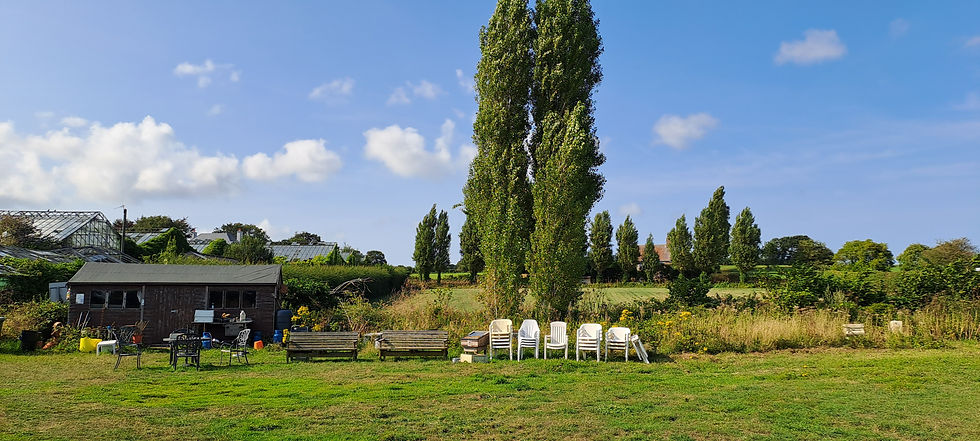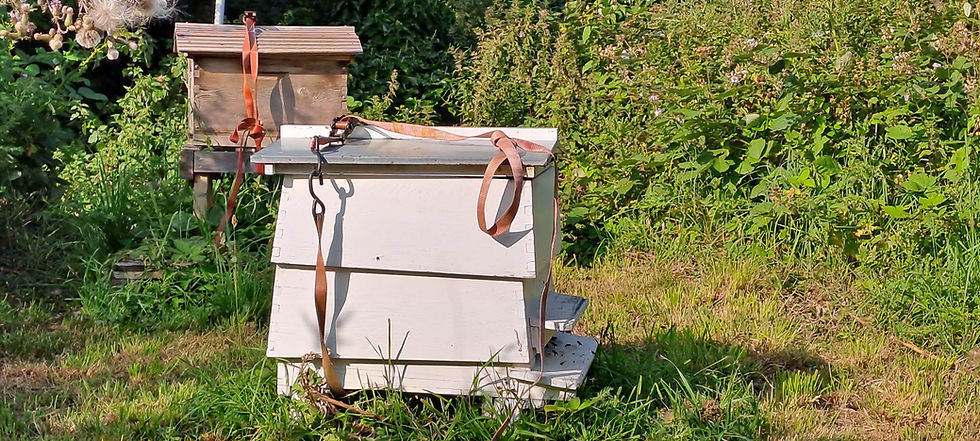JERSEY BEEKEEPERS'
ASSOCIATION

Jersey Beekeepers' Association is a collective of beekeepers around the island. We share skills, harvest honey, protect species, and hunt Asian Hornets. Our mission is to promote responsible beekeeping practices and educate the public about the importance of bee conservation. Join us today and become a part of our community!
Our
Association
Jersey Beekeepers' Association was founded by a group of passionate beekeepers who wanted to share their knowledge and experience with others. Our club has been protecting bees and harvesting honey for decades. We are dedicated to promoting sustainable beekeeping practices and raising awareness about the threats facing bee populations. Join us and become a part of our mission to protect and preserve these essential pollinators.

Our Aims
Promote and further the craft of beekeeping and associated interest in Jersey.
The Association is still going strong. Members and the Council of the Jersey Beekeepers' Association recently celebrated their 100 year birthday by firstly looking back to remember and thanking previous members, to plan events for current members and, importantly, to look forward and lay the ground for the new beekeepers of our future.
Extra special for the Centenary, and something that will secure our future, is the launching of the JBKA Bee Field. This will provide a venue for members to come together and further their craft. However, it is also an island asset and the message is ‘Education for all about pollinators’. It is our vision that the field can be developed in something we can all be very proud of. The field has been very generously donated to the JBKA by past President Mr Bob Hogge in memory of his late wife. It is something we are very thankful for and which will benefit us all (including those future beekeepers).
To advance the education of the public in the importance of bees to the environment and the environments impact on bees.
It is clear that bees have a long history on Jersey, proving their worth many times. Much of the cider apples in the island, that were planted, as far back as the 16th century would have been pollinated by bees. At this time, bees would have been housed in straw baskets or skeps close to the orchards. As well as harvesting the honey, the farmers would have also made a kind of mead alcoholic drink by fermenting the honey. Mead was one of the mainstay rural drinks before cider.
The Jersey Beekeepers' Association was started by nine people meeting in the midst of the First World War. It seems a strange time to come together, but the archive tells us that the initial members were hoping that they could apply for rationed sugar to feed their bees. It was not to be and their request was turned down. How much sugar would have got to the bees during the war is a matter for debate!
To advance the education of its members in the craft of beekeeping.
The JBKA have recently submitted a Planning Application for a small store, laboratory and classroom on the field. If permitted, the association will start fund raising to build the centre. This will form an important focal and meeting point to further beekeeping and one in which lectures and beekeeping courses can be held.
Currently we are building two wildlife ponds which should be completed soon. These will support the re-generation of the field from a former dump into a wildlife sanctuary (it already has observation area, pollinator flower patches etc).
The JBKA currently has around 120 members with approximately 450 hives around Jersey. The association is administered by an elected Council who meet monthly. The association is as strong as ever with regular meetings of members (social and training) culminating in an annual honey show at Hamptonne Cider Festival.
Members recognise the importance of the mandate of the JBKA to further the knowledge and the craft of beekeeping. This is more important than it has ever been - principally due to the many diseases that impact on colony strengths. These include varroa (an external parasitic mite that attacks and feeds on the honey bees) as well as American Foul Brood that has previously caused half of the hives to be destroyed.
Regular talks and demonstrations are held with visiting lecturers imparting their skills and knowledge. Members also attend island country shows, schools and social groups etc to explain about the importance of pollinators, bees and beekeeping. A recently purchased observation hive with a live colony is always a crowd puller.
Member also run new beekeeper courses each year with around 25 prospective beekeepers attending. New beekeepers will then be mentored during the year by experienced beekeepers before being given their own bees to care for.
The JBKA are keen to link in with the British Beekeepers Association. We attend the UK shows and have one JBKA member who now is a trustee of the BBKA.
The main outreach however is in the control of Asian Hornets. Island beekeepers have come together to form the Jersey Asian Hornet Group. These volunteers spend 100s of hours each year tracking hornets and their nests. The UK as yet do not have the number of nests that Jersey does and it is this knowledge that is vital to be passed to the UK through lecture tours by Jersey beekeepers and through UK beekeepers visiting Jersey to learn.
The JBKA is a registered charity (number 016) and a member of genuine Jersey.

Get in touch with
any questions
If you are wanting to join the
Jersey Beekeepers' Association inquiries should be directed to
For details of our services or upcoming events
.png)

